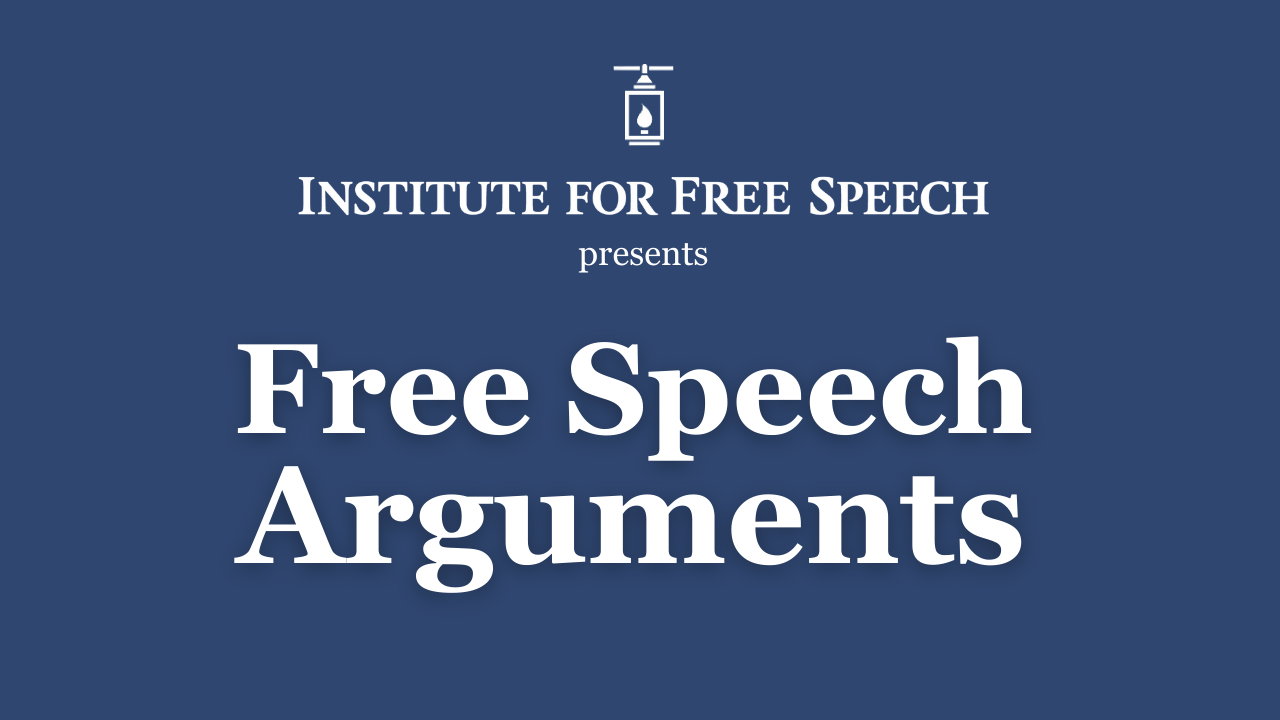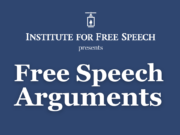Episode 27: Local 8027, AFT-New Hampshire, AFL-CIO v. Edelblut
Local 8027, AFT-New Hampshire, AFL-CIO v. Edelblut, argued before Circuit Judge Lara Montecalvo, Senior Circuit Judge William J. Kayatta, Jr., and Circuit Judge Seth Aframe in the U.S. Court of Appeals for the First Circuit on April 8, 2025. Argued by Charles G. Moerdler and Gilles R. Bissonnette (on behalf of Local 8027, AFT-New Hampshire, AFL-CIO, et al.) and Mary A. Triick, Senior Assistant Attorney General (on behalf of Edelblut, et al.).
Case Background, from the Brief for Plaintiffs—Appellees Local 8027, AFT-New Hampshire, AFL-CIO:
New Hampshire’s “Banned Concepts Law” (or the “Law”) is unconstitutionally vague. Enacted in June 2021, the Law bans the teaching, instruction, advocacy, advancement, and training of—or compelling a student to express belief in or support for—four concepts in public schools and places of public employment. The four concepts implicate aspects of “age, sex, gender identity, sexual orientation, race, creed, color, marital status, familial status, mental or physical disability, religion or national origin.”
Statement of Issues Presented for Review, from the Brief for Plaintiffs—Appellees Local 8027, AFT-New Hampshire, AFL-CIO:
- Did the district court correctly hold that the Law violates the Fourteenth Amendment’s Due Process Clause on its face because its “prohibitions against teaching banned concepts are unconstitutionally vague,” and because the law contains “viewpoint-based restrictions on speech that do not provide either fair warning to educators of what they prohibit or sufficient standards for law enforcement to prevent arbitrary and discriminatory enforcement”?
- As an independent basis for affirmance, does the Law violate the First Amendment where it implicates the private, extracurricular speech of educators on matters of public concern?
Resources:
- CourtListener case docket for Local 8027, AFT-New Hampshire, AFL-CIO v. Edelblut
- New Hampshire “Right to Freedom from Discrimination in Public Workplaces and Education” law
- Brief for Defendants—Appellants
- Brief for Plaintiffs—Appellees
- Reply Brief for Defendants—Appellants
Listen to the argument here:
The Institute for Free Speech promotes and defends the political speech rights to freely speak, assemble, publish, and petition the government guaranteed by the First Amendment. If you’re enjoying the Free Speech Arguments podcast, please subscribe and leave a review on your preferred podcast platform.













